 While Mat from Gizmodo is calling Siri “Apple’s broken promise” (and he makes valid points) I see it a totally different way. I’ll open with his closing argument:
While Mat from Gizmodo is calling Siri “Apple’s broken promise” (and he makes valid points) I see it a totally different way. I’ll open with his closing argument:
And for me, once the novelty wore off, what I found was that Siri is not so intelligent after all—it’s simply another voice program that will obey very specific commands. If it knows those commands. If it can understand you. And if it has a network connection. Were this Google, or Microsoft, I’d shrug. But it’s not, it’s Apple. And Apple is the company that sells perfection. It’s a company that usually keeps its promises, and in its Siri ads, it promises far more than what it actually delivers. That’s not what any of us signed up for.
I’d agree with most of that. So it’s really about managing expectations. I will agree with Mat that the commercials and hype around Siri do not set the right expectations. If you think you can talk to your phone and it’ll just do exactly the thing you said, the way you meant it, you are in for a world of disappointment. This was about how I felt back in the first few days of taking Siri for a test spin (talk?).
Now, a few weeks later, I’ve found Siri a great component of the iPhone 4S overall experience. Today I had to get to the office, was driving, and was in a rush. “Driving directions to work”. Perfect. Last week, wanted to know when Hannukah starts. “When is Chhhhanukah?”. Winner. Again, driving, running late to get home. “Send a message to my wife” followed by “Stuck in traffic will be home soon”. Bingo.
If you can get your head around how Siri works, what it knows, and more importantly, what it doesn’t know, you can really enjoy the ability of controlling a device by talking to it. It can’t do a whole bundle of things I want it to do, for example:
- “Turn on Bluetooth” – this would be awesome. Not present.
- “Launch Evernote” – yup.
- “Read me my last email” – cool, thanks!
- “Browse www.livedigitally.com”. must-have.
There are effectively no limits, no upper bounds to what an enhanced or improved interface could offer over existing ones. This is true for gestures, for voice, for physical recognition, etc. But, in all cases, the user must know absolutely what they’ll be getting out of that experience. If the consumer expects too much, and is delivered too little, they’ll abandon it. This is true for trusted experiences as well – if a gesture is inconsistent, or voice-to-speech is intermittent – consumers will try it, play around for a while, but mostly give up on it.
For me, Siri is in the “it can be handy from time to time” category, and as such, is something I’ve grown to like. I don’t use it often, because I know when it will/won’t help me out, but my “hit rate” is pretty good these days. It also has a good potential for amusement…






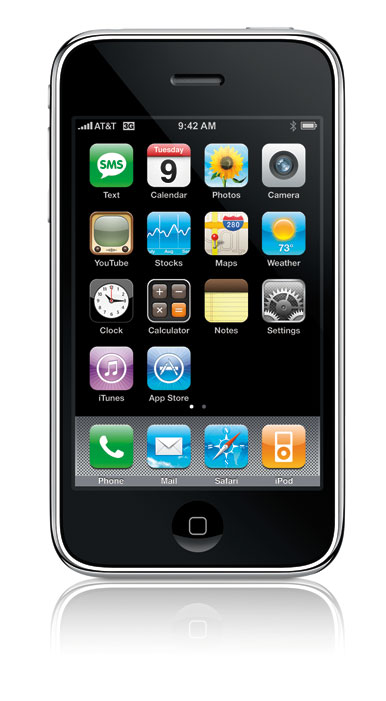




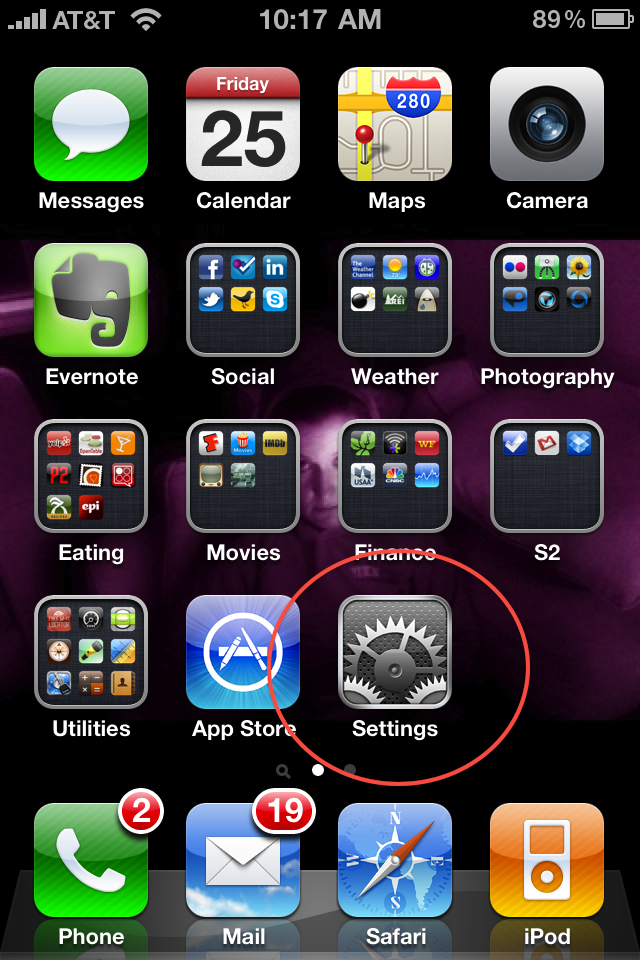
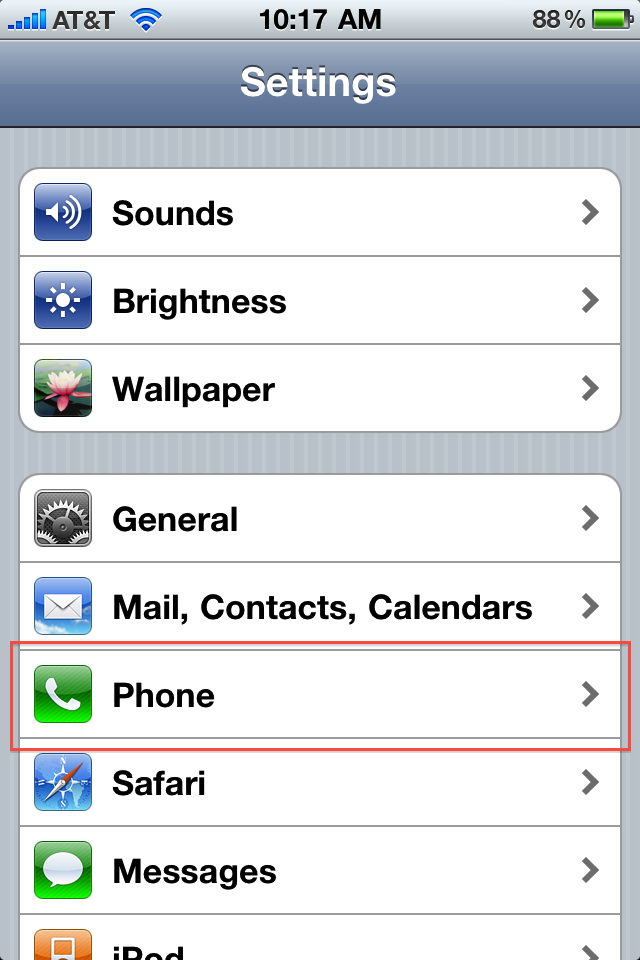
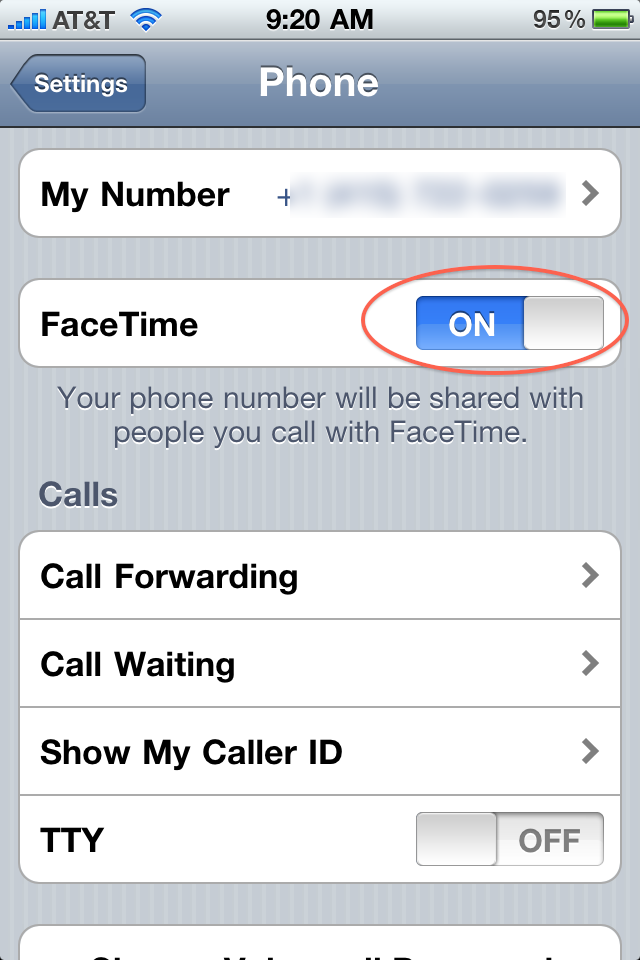




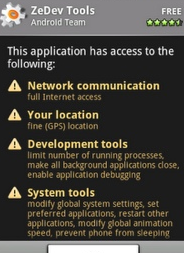


 The
The 
 If you follow gadgets or new tech and you are not aware that Apple is introducing “something” next Wednesday, you are either (1) my wife or mother or (2) awaking from a long long sleep. Now along with virtually anything Apple does, or contemplates doing, or doesn’t contemplate doing but others contemplate on their behalf, the
If you follow gadgets or new tech and you are not aware that Apple is introducing “something” next Wednesday, you are either (1) my wife or mother or (2) awaking from a long long sleep. Now along with virtually anything Apple does, or contemplates doing, or doesn’t contemplate doing but others contemplate on their behalf, the 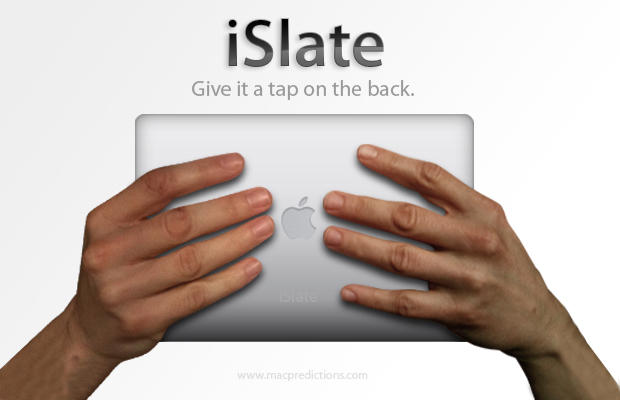
 Seriously, it’s a real possibility. What if instead of showing us a tablet, they show a 4G iPhone and impressive updates to other devices (or not)? What if they announce media streaming services instead? We all know Apple plays their own game, and if they haven’t figured out how to make this thing magical, I don’t think they’d want to ship it. It would be a bit of an odd strategy, as there seem to be a few too many pseudo-confirmed rumors, but then again, Apple doesn’t deal with
Seriously, it’s a real possibility. What if instead of showing us a tablet, they show a 4G iPhone and impressive updates to other devices (or not)? What if they announce media streaming services instead? We all know Apple plays their own game, and if they haven’t figured out how to make this thing magical, I don’t think they’d want to ship it. It would be a bit of an odd strategy, as there seem to be a few too many pseudo-confirmed rumors, but then again, Apple doesn’t deal with